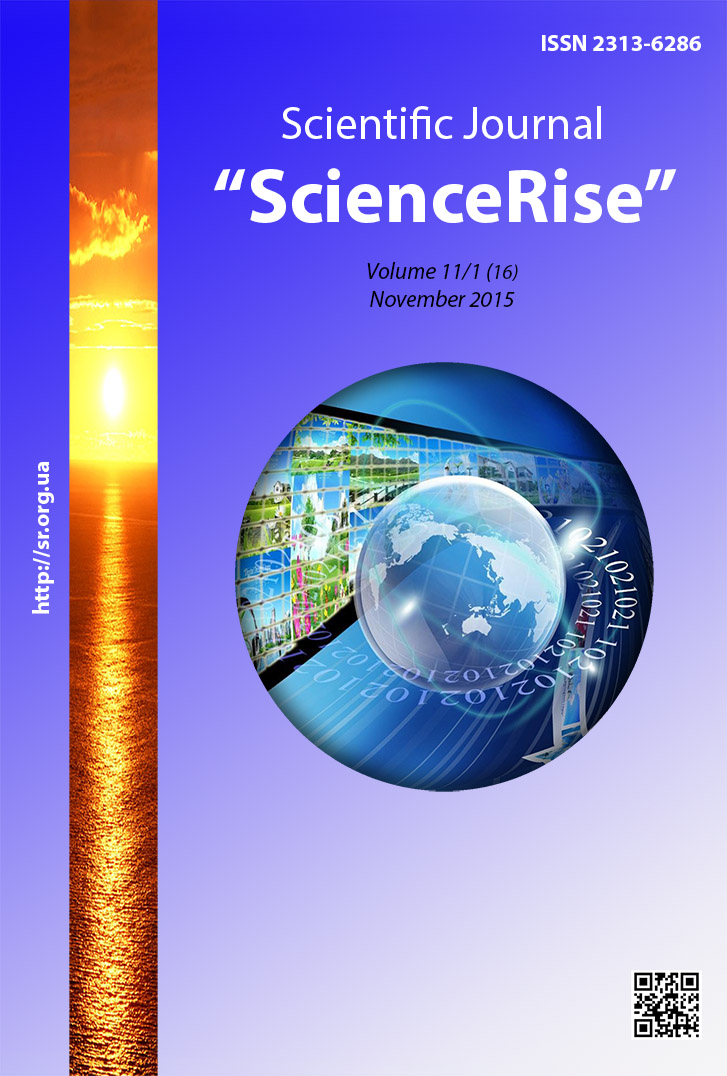Sociological aspect of education in genesis of networked society
DOI:
https://doi.org/10.15587/2313-8416.2015.53956Keywords:
information society, network, network society, informatization, information and communication technologies, informational societyAbstract
Tendencies of education development in the perspective of basic research approaches of networked society are considered. Formation and development of the network society, network interaction and network communication are investigated. Based on the characteristics and features of the network society, which are allocated by various researchers, an influence of human communication possibilities for the organization of modern education is revealed
References
Castells, M. (2000). The Information Age, society and culture. Moscow: Higher School of Economics, 608.
Masuda, Y. (1981). The Informational Society as Post-Industrial Society. World Future Society, 33.
Bell, D. (1999). The coming post-industrial society. Experience in social forecasting. Moscow: Academia, 956.
Toffler, O.; Inozemtsev, V. L. (Ed.) (1999). Adaptive Corporation. The new wave of post-industrial West. Moscow: Academia, 453.
Abdeev, R. F. (1994). Philosophy of information civilization: the dialectic of a progressive line pazvitiya ka humanitarian philosophy to universal human twentieth century. Moscow, 334.
Inozemtsev, V. L. (2000). Modern post-industrial society: nature, contradictions and prospects. Moscow: Logos, 304.
Inozemtsev, V. L. (2000). The limits of "catch-up". Moscow: ZAO "Publishing house" Economy ", 295.
Duca, S. I. (2004). Information society. Social and humanitarian aspects. Sankr-Peterburg: Publishing house of St. Petersburg State University, 172.
Bianchi, V. A. Psychological aspects of the power of network structures. Available at: http://www.myshared.ru/slide/316368/
Toffler, O.; Inozemtsev, V. L. (Ed.) (1999). Adaptive Corporation. The new wave of post-industrial West. Moscow: Academia, 453.
Galbraith, J. (1969). New Industrial State. Moscow: Progress, 480.
Bell, D. (1999). The coming post-industrial society. Moscow: Academia, 956.
Ivanov, N. (2008). Globalization and Society: management problems. World Economy and International Relations, 4, 3–15.
Beylіn, M. V. (2008). Tehnіka i tehnologіi: sutnіsnі characteristics. Fіlosofіya practicality, 2 (28), 28–32.
Naumkin, E. A. (2008). Information society and modernization of education. Education & Science: Modern Transformation. Kyiv: PARAPAN, 267–280.
Іchanska, O. M. (2002). Formation osobistіsnoі іdentichnostі in Rann yunatskomu vіtsі. Kyiv, 20.
Castells, M. (1999). Becoming society network structures. A new wave of post-industrial West. Moscow: Academia, 492–505.
Dzvinchuk, D. (2006). Osvita v istoryko-filosofs'komu vymiri: tendencii 'rozvytku ta upravlinnja. Kyiv: ZAT «Nichlava», 101.
Tapscott, D. (1999). The digital society: Pros and cons of the era of network intelligence. Kyiv – Moscow: INT Press – Refl-book, 403.
Castells, M.; Kharitonov, V. (Ed.) (2004). Internet Galaxy: Reflections on the Internet, business and society. Yekaterinburg: Y Factoria, 328.
Krasiuk, S. (2009). GRІD-tehnologіі: sogodennya i Vista. NAUKOVO's World, 7, 2–3.
Bard, A., Zoderkvist, J. (2004). The new ruling elite and life after capitalism. Sankt-Peterburg: Stockholm School of Economics in St. Petersburg, 252.
Emelin, V. Rhizome and the Internet. Global Network and cyberculture. Available at: http://emeline.narod.ru/rhizome.htm
Miller, N. A. (2012). Osvіtnіy District: osnovnі zavdannya that funktsіі. Narodna Osvita. 3 (18). Available at: http://narodnaosvita.kiev.ua/Narodna_osvita/vupysku/18/statti/melnik.htm
Castells, M. (2004). The Power of Identity. Vol. 2. Information Age: Economy, Society and Culture. Blackwell Publishing Ltd, 610.
Parshin, A. P. (2009). Global Information Society and World Politics. Analytical reports them, 2 (23), 41. Available at: http://mgimo.ru/files/138392/ad-23.pdf
Downloads
Published
Issue
Section
License
Copyright (c) 2015 Олена Леонідівна Заміховська

This work is licensed under a Creative Commons Attribution 4.0 International License.
Our journal abides by the Creative Commons CC BY copyright rights and permissions for open access journals.
Authors, who are published in this journal, agree to the following conditions:
1. The authors reserve the right to authorship of the work and pass the first publication right of this work to the journal under the terms of a Creative Commons CC BY, which allows others to freely distribute the published research with the obligatory reference to the authors of the original work and the first publication of the work in this journal.
2. The authors have the right to conclude separate supplement agreements that relate to non-exclusive work distribution in the form in which it has been published by the journal (for example, to upload the work to the online storage of the journal or publish it as part of a monograph), provided that the reference to the first publication of the work in this journal is included.

